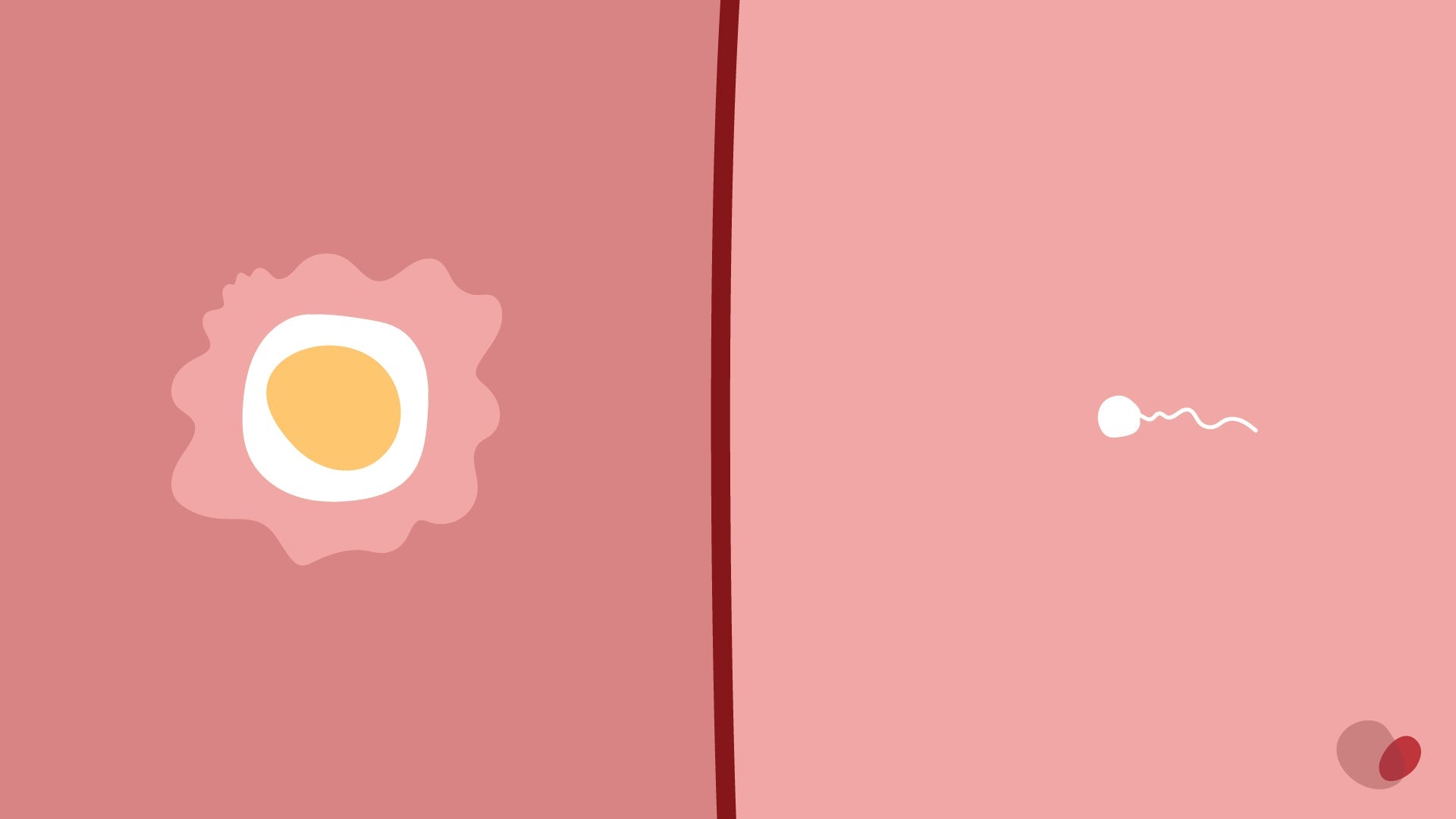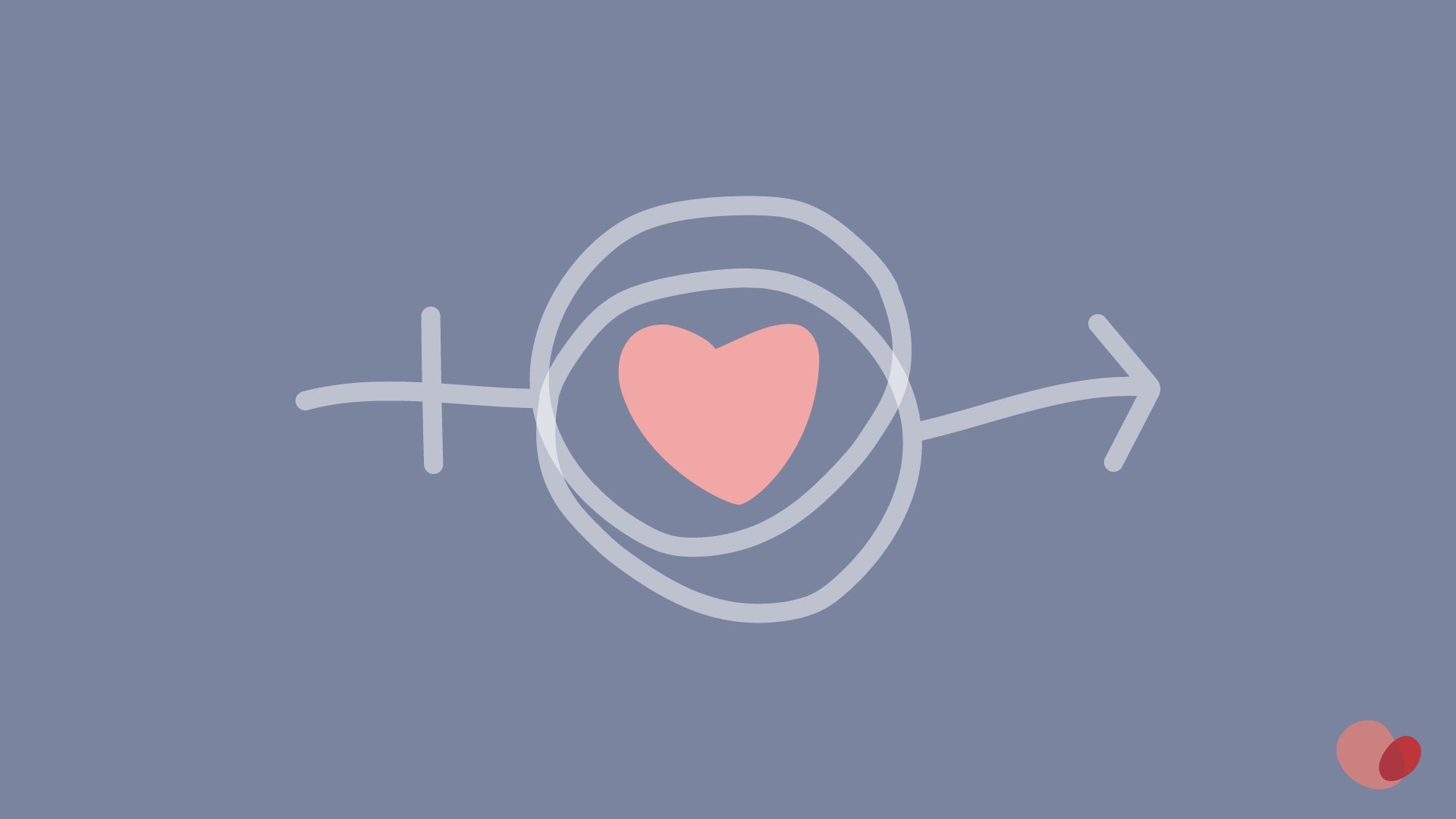Ovulation: What Is It And How Does It Affect Pregnancy?

If you and your partner are trying to conceive or planning to start a family soon, then you have to get acquainted with the term ‘ovulation’. Read more.
When it comes to conception and pregnancy, a lot of it boils down to good timing. For females, that means understanding ovulation because this is the proverbial ‘fertile window’ where pregnancy is most likely to occur [1].
But what exactly is ovulation, how can you tell if you are ovulating and how does one keep track? Find the answers to all your burning questions and more in our comprehensive ovulation guide below.
Ovulation
Before we get into the nitty gritty, let’s get the basics right. Ovulation isn’t separate from the menstrual cycle, but a part of it.
A regular menstrual cycle lasts anywhere between 24 and 35 days [2]. This varies based on a few factors that may include age, weight and medication [3]. When a menstrual cycle lasts less than 24 days it is known as a short cycle, and when it lasts more than 35 days it is known as a long cycle [2].
Ovulation happens when an egg is released from the ovary and when your uterine lining is thick. This means that ovulation generally occurs in the middle of a menstrual cycle.
During this time, if the egg is fertilised by sperm, it would (in most cases) travel to the uterus, attach itself to the thick uterine lining and develop into a bundle of joy.
However, if the egg is not fertilised, it disintegrates and the uterine lining is shed [4] . This is what you and I affectionately refer to as ‘period’ or ‘shark week’.
Which are the best days for conception?
The best days for conception are when you are ovulating aka fertile window. This window varies depending if you have short or long menstrual cycles [4]. For those who have regular menstrual cycles, it starts around 5 days before the egg is released from the ovary (ovulation) up until the day the egg is released [4].
As this differs from person to person, it is extremely helpful to track your menstrual cycle and ovulation when trying to conceive [4].
This is not to say that having procreative sex once or twice during the fertile window will guarantee a bundle of joy. In fact, it is the opposite. In a study, it is found that couples who have procreative sex every 2 to 3 days throughout the month have higher rates of conception success [5].
On that note, to further improve chances of pregnancy, you should also refrain from smoking, alcohol, and caffeine consumption the moment you start trying to conceive [5].
Signs and symptoms of ovulation
There are many ways your body tries to tell you that you’re ovulating. Common ovulation signs and symptoms are light bleeding or spotting, breast tenderness, increased sex drive, mild abdominal discomfort or pain, clear and/or slippery vaginal discharge, and a slight increase in body temperature by about 0.5 to 1.3°F [4].
Another method of knowing that you’re ovulating with some degree of certainty is with an ovulation test kit. These easy-to-use test kits take about 10-minutes to provide reliable results and can be easily bought over-the-counter or online without a medical prescription.
Tracking your ovulation
Tracking your ovulation may sound overwhelming at first, but there are many useful tools at your disposal that you can use at home to make the process easier.
First up, ovulation test kits aka ovulation predictor kits. As aforementioned, these are conveniently found at your local drugstore, supermarkets and even online — right next to the pregnancy test kits. They measure the Luteinizing Hormone (LH) levels (an increased amount of this initiates ovulation) [6] in your body and provide reliable results in 10-minutes.
Then we have fertility monitors, which can be found at your local drugstore and online [4]. Slightly more expensive, they track oestrogen and LH hormone levels in your body. Many of these fertility monitors even claim to be 99% accurate as well [4].
Last but not least, there is the ovulation calendar. This is a budget-friendly way of manually tracking your ovulation using hard data to predict your fertility window. All you have to do is input the date of your last period, the average length of your menstrual cycle, and religiously input more data as and when you get your period. Based on those parameters, the mobile automatically analyses your menstrual cycle and ovulation [5].
Here’s a list of popular menstrual cycle and ovulation tracking mobile applications to get things started:
- Clue Period & Cycle Tracker
- Flo Period & Ovulation Tracker
- Cycle Tracker
- Natural Cycles
- Ovulation Calendar & Fertility
- Eve Period Tracker
Alternative conception options
Apart from doing it all natural, there are also fertility treatments available. By that we don’t just mean In Vitro Fertilisation (IVF), but Intrauterine insemination (IUI). A less invasive and more affordable fertility treatment, IUI is a good option for those who have unexplained infertility or experience painful sex [7].
Typically, it is recommended for couples to seek the help of a fertility specialist after trying to conceive for 1 year [5]. For women aged 35 years or older, the help of a fertility specialist is recommended after 6 months of trying to conceive [5].
But if you aren’t ready to take that medical step, there are plenty of at-home fertility aids out there, just like the twoplus Sperm Guide. Backed by science to increase chances of conception, affordable, comfortable and delivered to your doorstep in just 2 days — some reviews even said that it increased sexual pleasure! Learn more in the link below.
Conclusion
Knowing your menstrual cycle and when you are ovulating plays an important role when it comes to conception. As the fertility window is relatively short, you should leverage on handy menstrual cycle and ovulation tracking mobile applications or ovulation test kits to help increase chances of conception.


